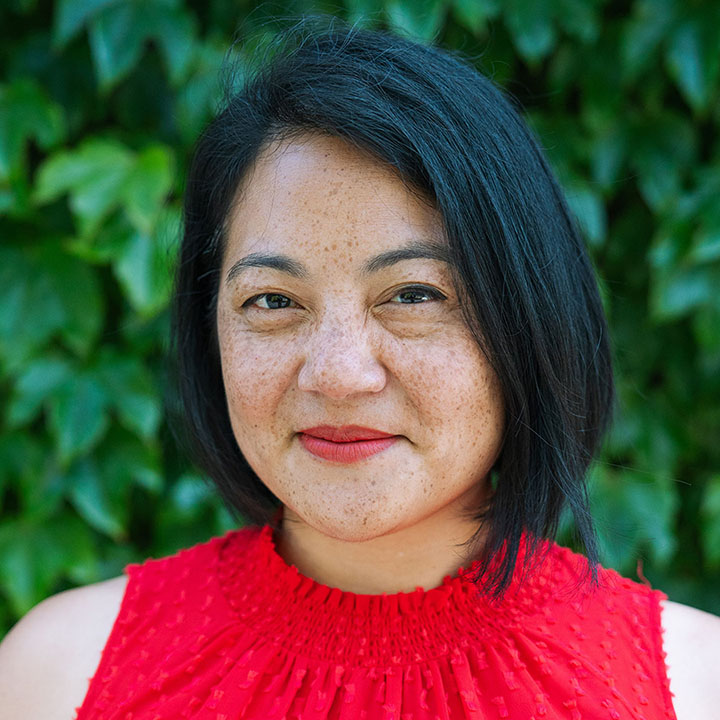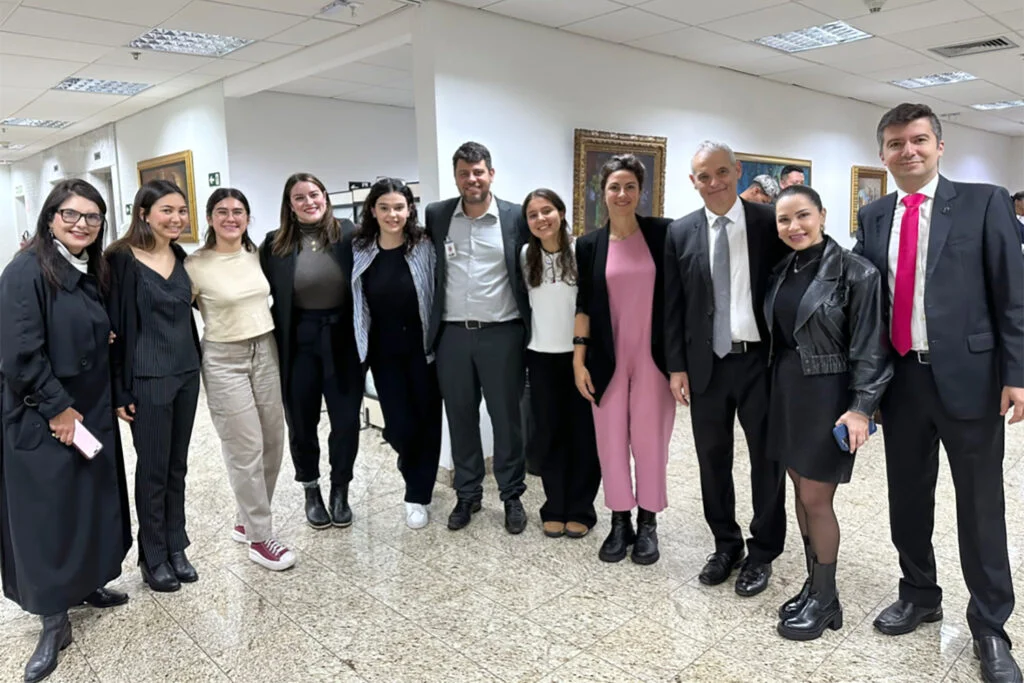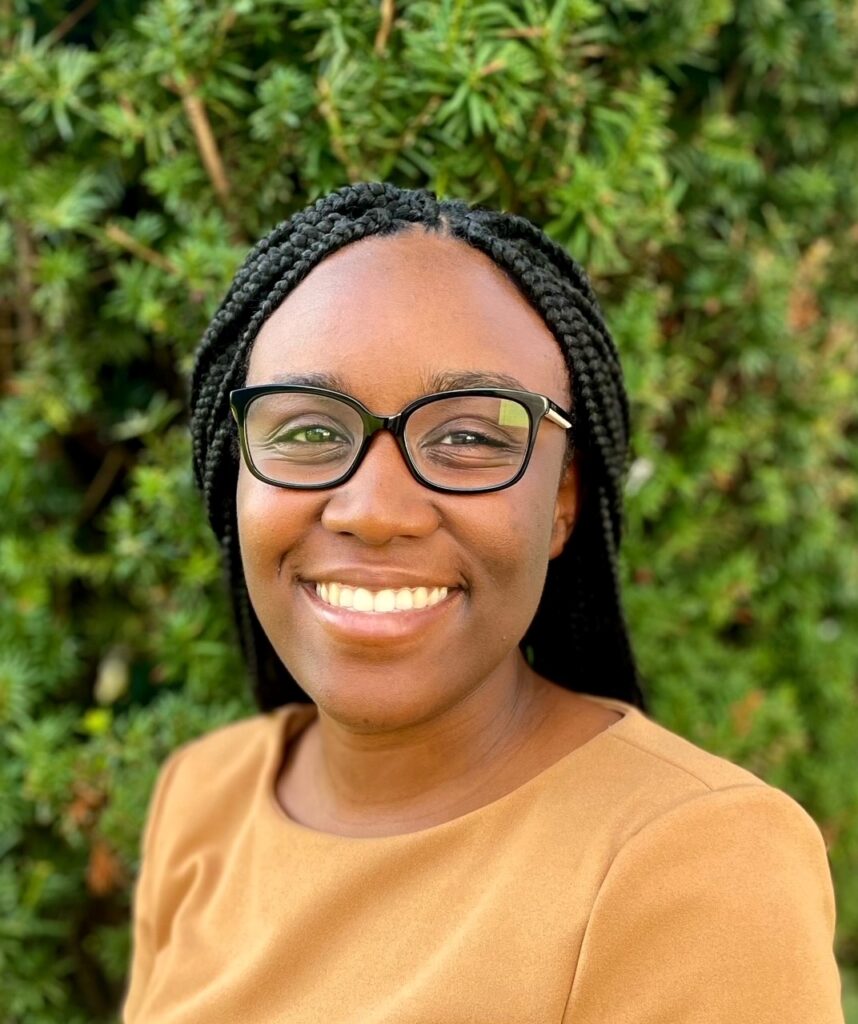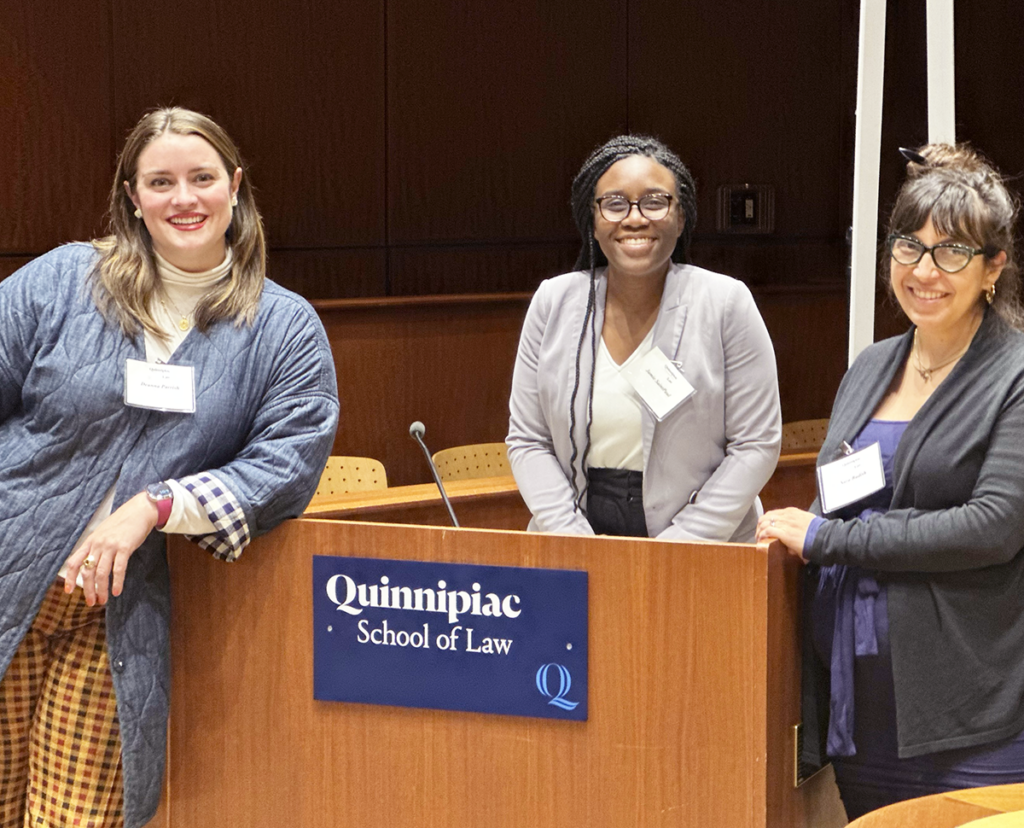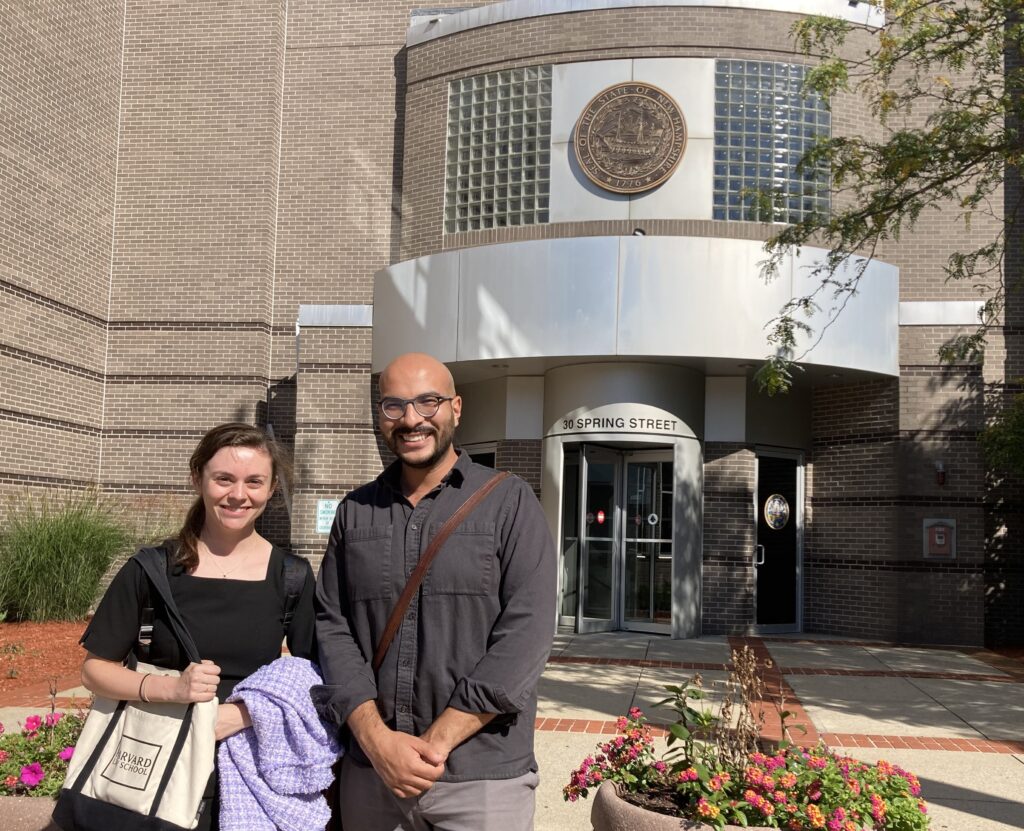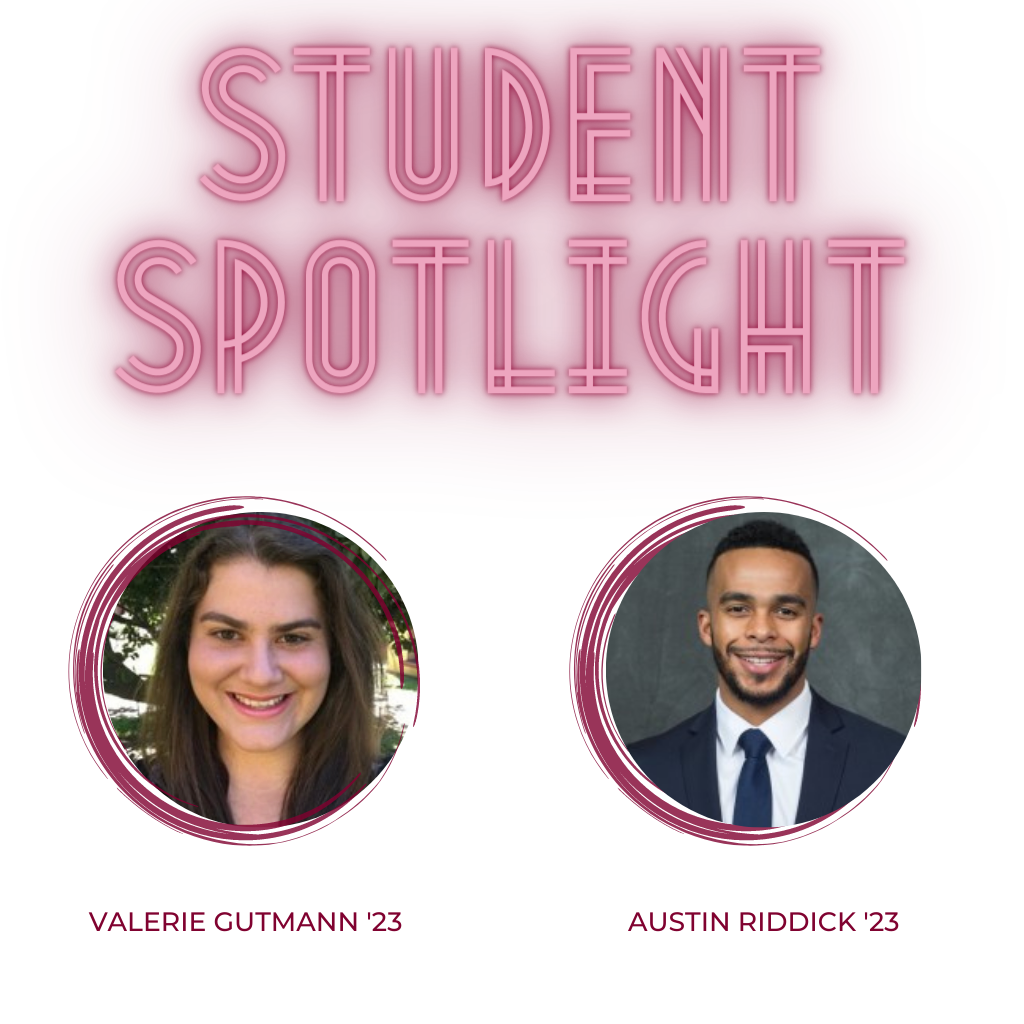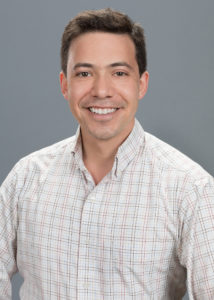 Former HNMCP Clinical Instructor and Harvard Law School Lecturer on Law Andrew Mamo ’14 has published “Three Ways of Looking at Dispute Resolution” in the Wake Forest Law Review.
Former HNMCP Clinical Instructor and Harvard Law School Lecturer on Law Andrew Mamo ’14 has published “Three Ways of Looking at Dispute Resolution” in the Wake Forest Law Review.
While the structure of dispute resolution theory continues to reflect the concerns of its birth in interests-based negotiation of the 1970s and 80s, it no longer speaks to the immediate concerns of the present. Instead, current questions in dispute resolution theory signal growing interest in more relationship-oriented approaches. Developing such approaches requires understanding the tensions inherent in dispute resolution theory, lest the shortcomings of relationship-based theories create new problems for the practice of dispute resolution. Andrew’s article charts a path to rethink the foundational structures of dispute resolution theory.
Mamo, Andrew, Three Ways of Looking at Dispute Resolution (April 29, 2019). 54 Wake Forest Law Review 1399, Available at SSRN: https://ssrn.com/abstract=3386840
Andrew Mamo is Assistant Professor of Law at Northern Illinois College of Law. His research broadly concerns the experiences of disputants within the legal system. More specifically, he studies the history and theory of dispute resolution and negotiation, with a particular focus on the history of dispute resolution practices, the role of technology in dispute resolution, and the professionalization of third-party neutrals. His current projects include a study of race and negotiation theory and a study of the use of non-judicial dispute resolution mechanisms in international law. Mamo received his J.D. from Harvard Law School in 2014, his Ph.D. in history from the University of California, Berkeley in 2011, and his S.B. in physics from the Massachusetts Institute of Technology in 2004. Prior to teaching at Harvard Law School with the Harvard Negotiation & Mediation Clinical Program, he worked on cross-border capital markets and project finance transactions at a major international law firm in Singapore, and clerked for Judges Hisashi Owada and Julia Sebutinde at the International Court of Justice in The Hague.
 Former HNMCP Clinical Instructor and Harvard Law School Lecturer on Law Andrew Mamo ’14 has published “Three Ways of Looking at Dispute Resolution” in the Wake Forest Law Review.
Former HNMCP Clinical Instructor and Harvard Law School Lecturer on Law Andrew Mamo ’14 has published “Three Ways of Looking at Dispute Resolution” in the Wake Forest Law Review. 
